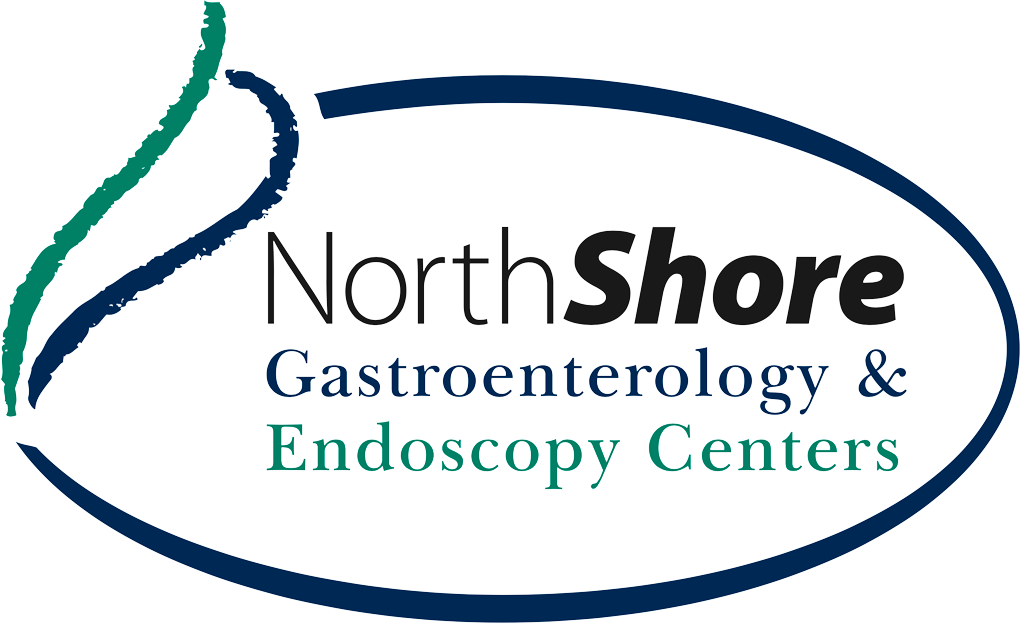Food Allergies
Introduction
Anatomy
When you are exposed to an allergen, your white blood cells produce antibodies. The antibodies trigger the release of histamine and other chemicals in your blood called mediators. The mediators cause the symptoms of the allergic reaction.
Causes
• Eggs
• Milk
• Peanuts, peanut products such as peanut butter
• Tree nuts, such as walnuts, pecans, almonds, cashews
• Shellfish, such as shrimp, lobster, crab
• Soy nuts or soy products
• Wheat
• Fish
Symptoms
A potentially life threatening reaction, anaphylaxis, requires immediate medical treatment. Symptoms of anaphylaxis include hives, itching and pale or flushed (reddened) skin. It can be difficult to breathe if the airways narrow and the throat and tongue swell. A wheezing noise may be heard while breathing. The pulse may feel weak and fast. Nausea, vomiting, diarrhea, dizziness, and fainting can also occur.
A severe anaphylaxis reaction can cause a person to develop anaphylactic shock and stop breathing or stop the heart. Symptoms of anaphylactic shock include a sudden drop in blood pressure, difficulty breathing, and a loss of consciousness. Again, immediate emergency medical treatment is needed. In some cases death can result.
Diagnosis
Treatment
Again, if you are experiencing severe symptoms, call 911. If you have a mild reaction, your doctor may prescribe antihistamine medication to relieve your symptoms. An emergency shot of epinephrine (EpiPen, EpiPen Jr., Twinject) may be recommended for you to use the next time you have an allergic food reaction. You should still seek emergency medical treatment if you use the shot.
Prevention
Wear a medical alert ID bracelet or necklace. Inform your family, co-workers, and others around you that you have a particular food allergy. Carry your emergency shot with you at all times. Instruct those around you how to give you the emergency shot in the event that you are unable to give it to yourself.
Am I at Risk
Complications

Copyright © - iHealthSpot Interactive - www.iHealthSpot.com
This information is intended for educational and informational purposes only. It should not be used in place of an individual consultation or examination or replace the advice of your health care professional and should not be relied upon to determine diagnosis or course of treatment.
The iHealthSpot patient education library was written collaboratively by the iHealthSpot editorial team which includes Senior Medical Authors Dr. Mary Car-Blanchard, OTD/OTR/L and Valerie K. Clark, and the following editorial advisors: Steve Meadows, MD, Ernie F. Soto, DDS, Ronald J. Glatzer, MD, Jonathan Rosenberg, MD, Christopher M. Nolte, MD, David Applebaum, MD, Jonathan M. Tarrash, MD, and Paula Soto, RN/BSN. This content complies with the HONcode standard for trustworthy health information. The library commenced development on September 1, 2005 with the latest update/addition on February 16, 2022. For information on iHealthSpot’s other services including medical website design, visit www.iHealthSpot.com.
